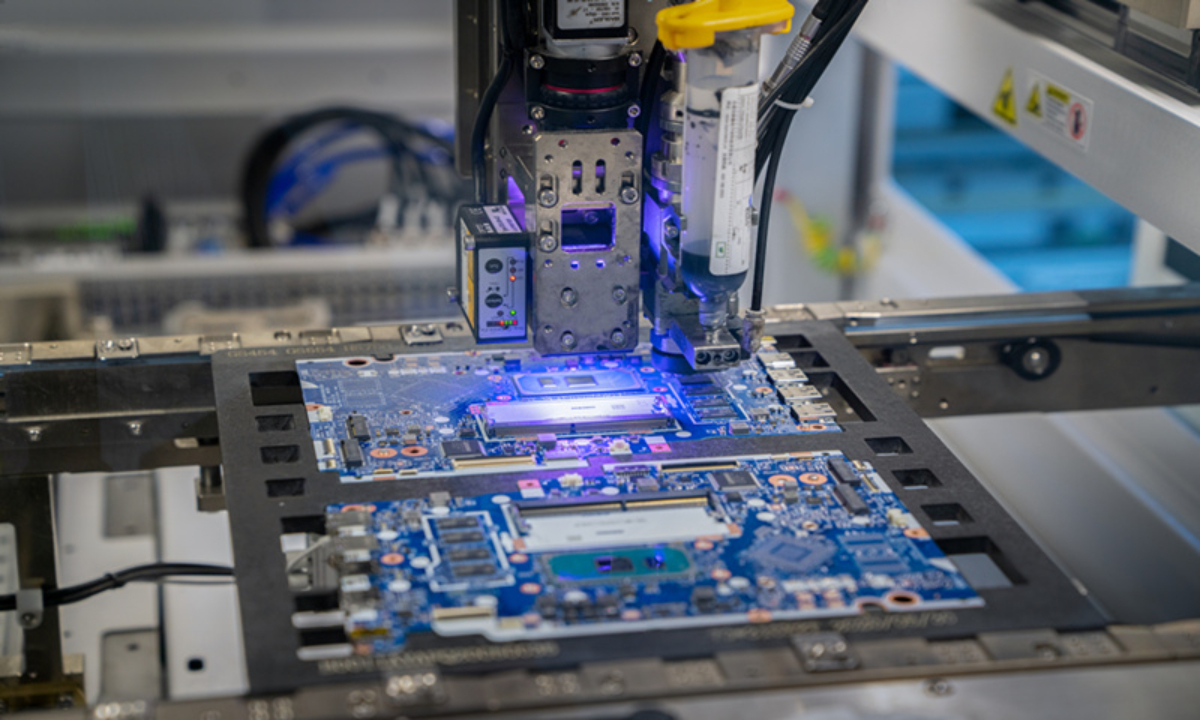Mount Washington Break-ins Spark Facial Recognition Debate in Baltimore: A Step Too Far or Vital Security Tool?

Mount Washington Security Concerns Drive Facial Recognition Discussion
Recent break-ins in the affluent Mount Washington neighborhood of Baltimore have ignited a fierce debate surrounding the potential use of facial recognition technology by local lawmakers. The surge in burglaries, leaving residents feeling vulnerable and shaken, has prompted a reassessment of security measures, with facial recognition emerging as a controversial but increasingly discussed solution.
The Rise in Break-ins and Resident Anxiety
Mount Washington, known for its stately homes and tight-knit community, has experienced a noticeable uptick in break-ins over the past few months. These incidents have not only resulted in property loss but also a pervasive sense of insecurity among residents. Community meetings have been packed with concerned citizens demanding action from city officials.
Facial Recognition: A Potential Solution?
Proponents of facial recognition argue that the technology could be a powerful tool for deterring crime and identifying suspects. By analyzing CCTV footage and comparing it to databases, law enforcement could potentially apprehend perpetrators more quickly and efficiently. They point to successes in other cities where facial recognition has been implemented, claiming it can significantly reduce crime rates. However, the implementation of such technology isn't without serious concerns.
Concerns Over Privacy and Bias
The most significant opposition to facial recognition stems from concerns about privacy and potential bias. Civil liberties advocates warn that widespread use of the technology could lead to mass surveillance and a chilling effect on freedom of expression. Furthermore, studies have shown that facial recognition algorithms can be less accurate when identifying individuals from marginalized communities, raising the specter of discriminatory policing.
The Legal and Ethical Landscape
Baltimore lawmakers are now grappling with the legal and ethical implications of adopting facial recognition technology. Questions surrounding data storage, access, and oversight are at the forefront of the debate. They must consider whether the potential benefits outweigh the risks to civil liberties and ensure that any implementation adheres to strict guidelines and safeguards. The city is likely to face legal challenges regardless of the path they choose.
Beyond Facial Recognition: A Holistic Approach
While the debate over facial recognition continues, many are advocating for a more holistic approach to crime prevention in Mount Washington. This includes increased police patrols, improved street lighting, neighborhood watch programs, and community engagement initiatives. Addressing the root causes of crime, such as poverty and lack of opportunity, is also seen as crucial for long-term solutions.
Donald Trump, Melania, and Other News Briefs
In unrelated news, former President Donald Trump has reacted to a potential defamation lawsuit threatened by Melania Trump against Hunter Biden. Elsewhere, the founder of Blackwater is deploying nearly 200 personnel to Haiti amidst escalating gang violence. Finally, the fitness community mourns the loss of Hayley McNeff, a renowned fitness influencer and champion bodybuilder, who tragically passed away at the age of 37.
The debate in Baltimore highlights a growing national conversation about the role of technology in law enforcement and the delicate balance between security and civil liberties. The outcome in Mount Washington could set a precedent for other cities considering similar measures.





